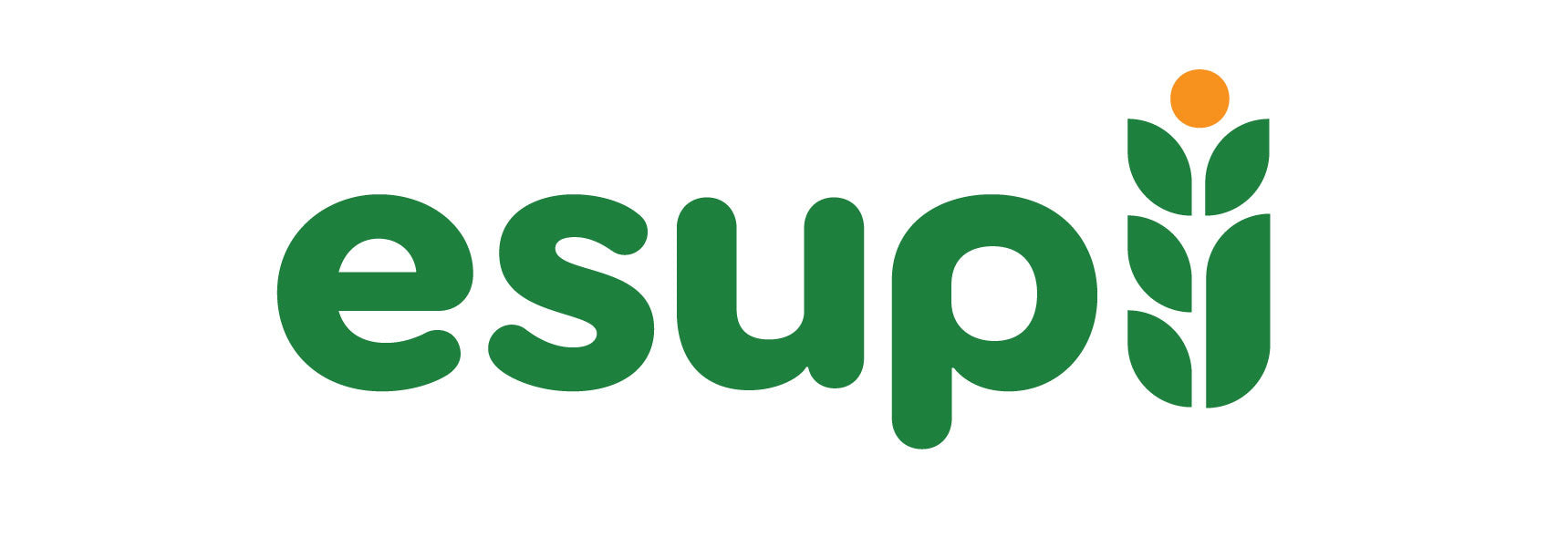Empowering Women: A Comprehensive Guide to Women's Care

Introduction:
Women's health and well-being are fundamental to the prosperity of any society. From adolescence to menopause and beyond, women undergo unique physical and emotional changes that require specialized care. In this blog, we will explore the various aspects of women's care, ranging from physical health to mental well-being, and discuss the importance of empowerment through education and support.
1. Physical Health:
Regular Check-ups: Encouraging women to schedule regular check-ups with healthcare providers is crucial. These check-ups can help detect potential health issues early, ensuring timely and effective treatment.
Healthy Lifestyle: Embracing a balanced diet, regular exercise, and adequate sleep are essential components of women's physical health. These habits not only improve overall well-being but also reduce the risk of chronic diseases.
Reproductive Health: Access to reproductive healthcare, including family planning, prenatal care, and screenings for reproductive cancers, is vital. Educating women about their reproductive rights and choices empowers them to make informed decisions.
2. Mental and Emotional Well-being:
Stress Management: Women often juggle multiple roles, leading to stress. Encouraging relaxation techniques such as yoga, meditation, or hobbies can significantly improve mental health.
Support Systems: Building strong support networks among women, including friends, family, and support groups, provides a safe space for sharing experiences and seeking advice.
Mental Health Awareness: Creating awareness about mental health issues and eliminating the stigma surrounding them is crucial. Providing access to therapy and counseling services can be life-changing for many women.
3. Empowerment through Education:
Health Literacy: Educating women about their bodies, reproductive health, and common health issues empowers them to make informed decisions. Knowledge is a powerful tool in ensuring personal well-being.
Career and Financial Literacy: Providing resources and workshops on career development and financial planning equips women with the skills and confidence to achieve financial independence.
Digital Literacy: In today's digital age, teaching women digital skills enhances their access to healthcare information, educational resources, and economic opportunities.
4. Championing Women's Rights:
Equality and Empowerment: Advocating for gender equality in all spheres of life is essential. This includes equal opportunities in education, employment, and leadership roles.
Reproductive Rights: Supporting women's reproductive rights, including access to safe and legal abortions, ensures their autonomy over their bodies and reproductive choices.
Ending Violence: Working towards ending gender-based violence through awareness campaigns, support services, and legal reforms is crucial for women's safety and well-being.
Conclusion:
Women's care is not just a matter of healthcare; it encompasses physical, mental, and emotional well-being, education, and empowerment. By providing comprehensive support and championing women's rights, societies can create an environment where every woman can thrive, ultimately leading to a healthier, happier, and more prosperous world for all.


